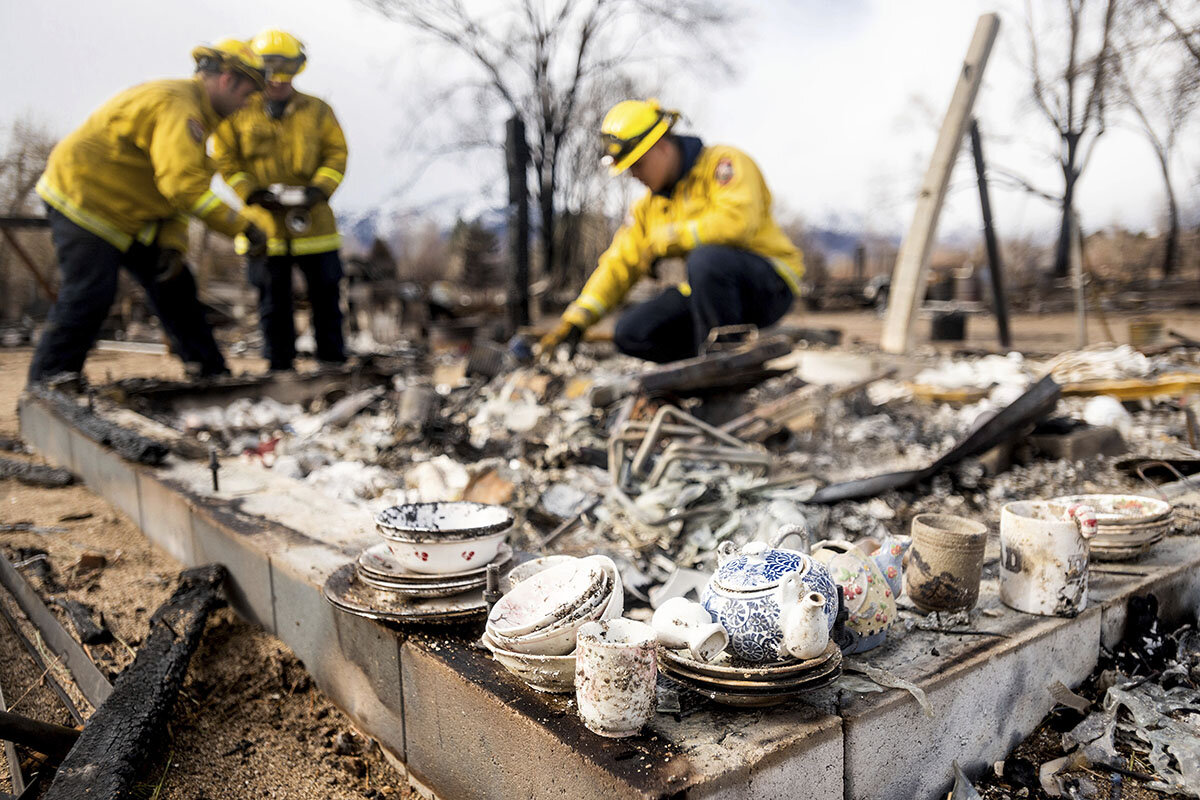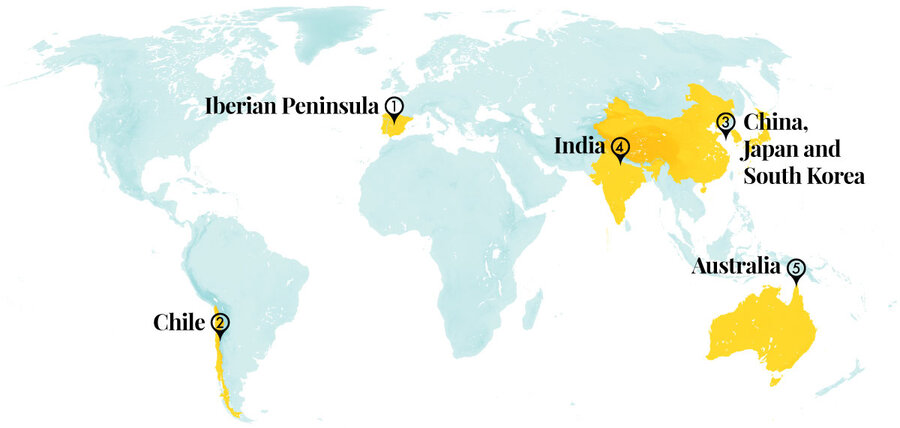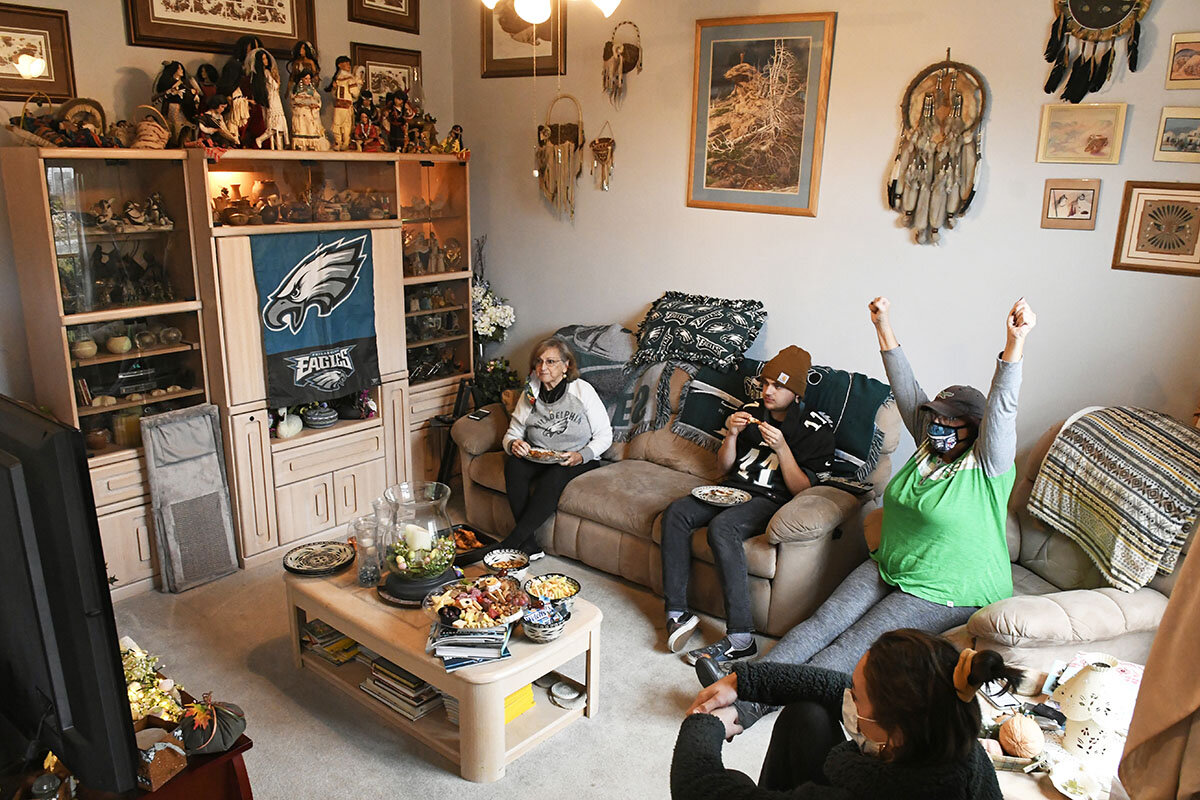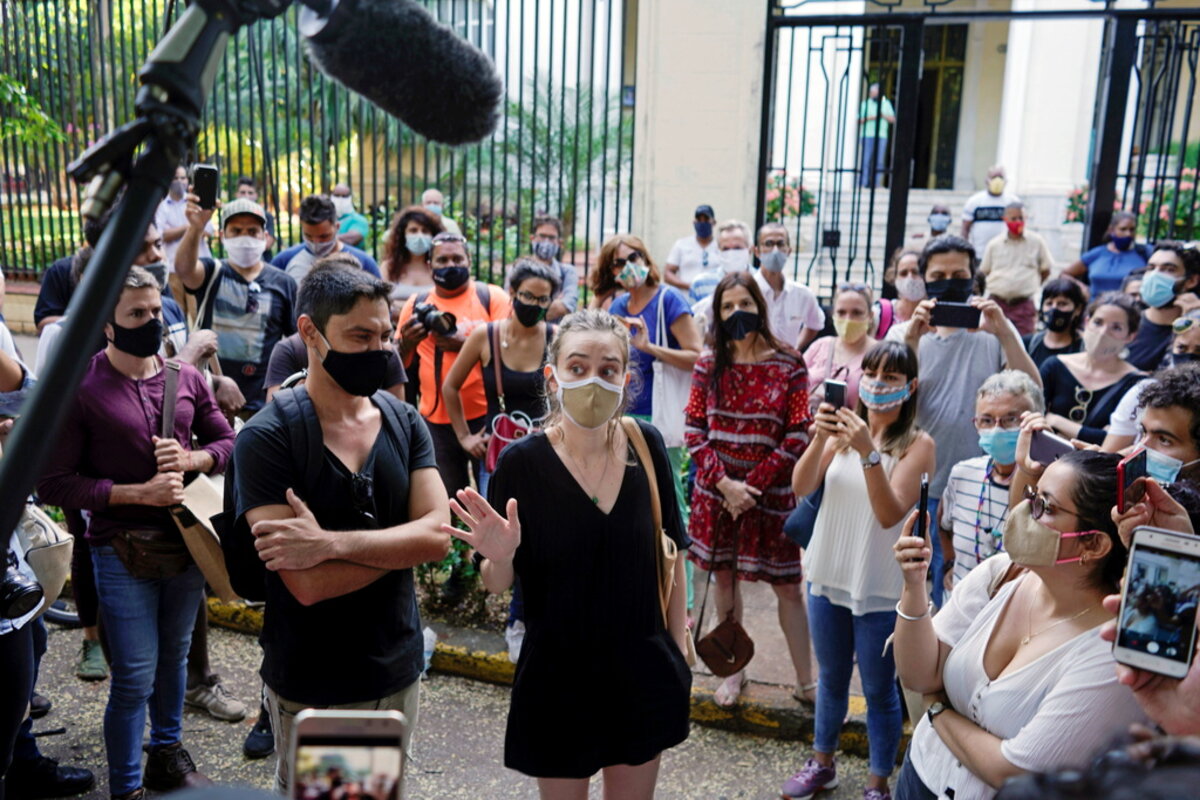Presidential transitions are never easy. But the flurry of “midnight regulations” being set in motion by the Trump administration adds another disruptive dimension to a handover already marked by tumult.
Monitor Daily Podcast
- Follow us:
- Apple Podcasts
- Spotify
- RSS Feed
- Download
 Amelia Newcomb
Amelia Newcomb
After a week brimming with examples of giving thanks at a difficult moment, we’re also getting lessons in the power of giving back – literally and figuratively – as we head deeper into the holiday season.
Early this month, members of Open Arms Italy, which rescues migrants in the Mediterranean, found a backpack floating in the water. In it were two wedding rings engraved with two names. Wreckage nearby boded poorly for finding the owners, but the rescuers were undeterred, The New York Times reported. La Repubblica newspaper picked up the story, asking, “Who are Ahmed and Doudou?” And in a moment of light, a young couple surfaced in a reception center in Sicily, having been rescued by fishermen after a harrowing capsizing off Libya. “We had lost everything, and now the few things we had set out with have been found,” they said.
Then there were the workers at the National Roman Museum who opened a package sent from the United States and found an ancient marble fragment. Apparently it was filched from a cultural site in 2017, the Guardian reported. Equally inspiring was what accompanied it: the sender’s abject apology.
“The year 2020, decimated by the COVID pandemic, has made people reflect, as well as moved the conscience,” museum director Stéphane Verger said. “The fact is that three years after the theft, she returned it – it’s a very important symbolic gesture.” The letter, he added, “was quite moving.”










